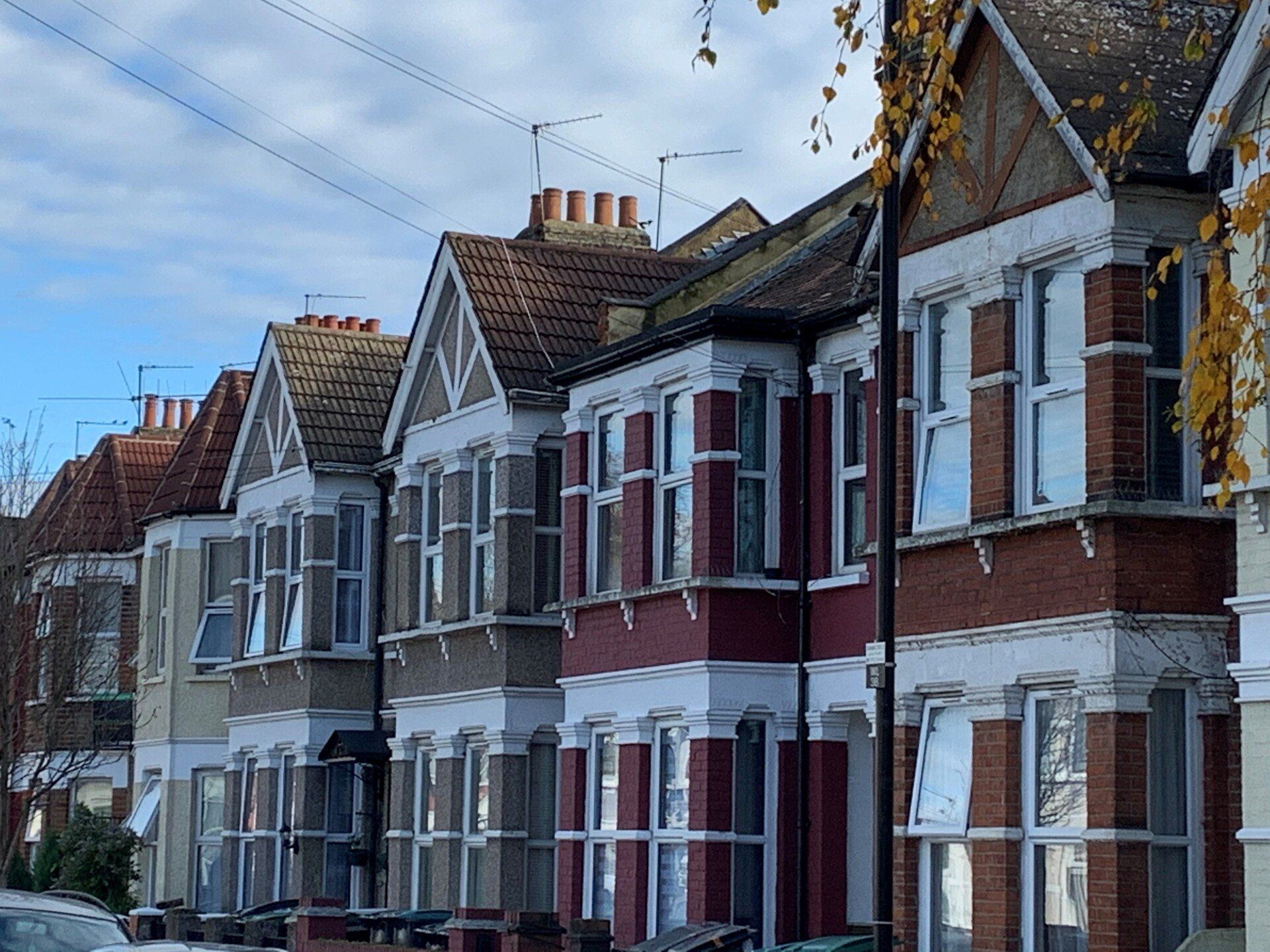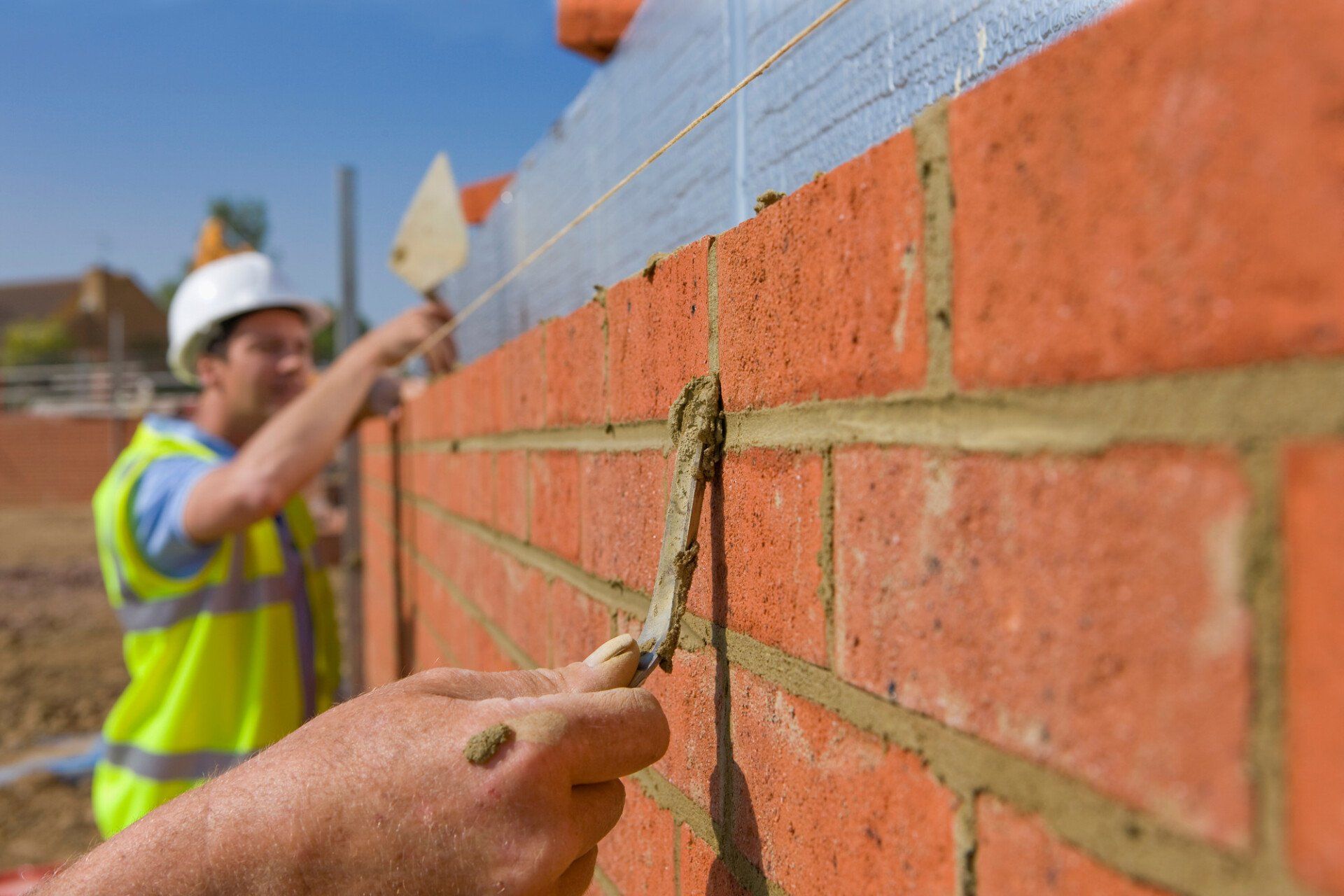How Party Wall Agreements Prevent Costly Legal Disputes in Extensions
Extending your property can be an exciting time; it’s often the mark of growth, investment, and increased home value. However, without the right planning and legal measures, it can also invite disputes, especially when your building work borders a neighbour’s property. One of the most effective ways to avoid such issues is through a Party Wall Agreement.
In this blog, we’ll explore how Party Wall Agreements help protect you legally and financially during extension projects and why every homeowner should understand their importance before construction begins.
What Is a Party Wall Agreement?
A Party Wall Agreement, under the Party Wall etc. Act 1996, is a legal agreement between property owners regarding work that affects a shared wall, boundary, or structure. It’s most commonly required when:
- You’re building a side or rear extension
- You’re excavating within 3 to 6 metres of your neighbour’s foundations
- You plan to alter, cut into, or demolish a shared wall
The agreement involves notifying adjoining property owners (your neighbours), having a Party Wall Surveyor assess the work and its potential impacts, and ensuring mutual consent is obtained before construction begins.
Why Are Party Wall Agreements Crucial During Extensions?
1. They Legally Protect All Parties Involved
Without a valid agreement, you could be held liable for any damage, delays, or legal action your building work might cause. A Party Wall Agreement legally outlines your rights and responsibilities as well as those of your neighbour. This includes:
- The type of work you plan to carry out
- The timeframe
- The method of construction
- Access arrangements
- Measures for damage prevention and rectification
If something goes wrong, having this agreement in place can protect you from litigation.
2. Prevents Misunderstandings and Tension with Neighbours
Building work is noisy, messy, and often disruptive. Even if your extension doesn’t directly affect your neighbour’s property, they may still be impacted. A Party Wall Agreement ensures that:
- Your neighbour is informed and involved
- Their concerns are addressed professionally
- Any disputes are handled by a qualified Party Wall Surveyor, not through personal argument
This helps maintain positive neighbourly relations a benefit that’s often underrated until tensions arise.
3. Ensures Accurate Property Condition Records
A Party Wall Surveyor will usually prepare a Schedule of Condition before work starts. This is a detailed record (with photos) of your neighbour’s property as it stands. If cracks or damage occur during construction, this record helps determine if it’s related to your project.
Without this, disputes over damage can become lengthy and expensive. The Schedule protects both parties by providing unbiased, dated evidence.
4. Helps You Stay Compliant with the Law
Many homeowners don’t realise that failing to serve proper Party Wall Notices or secure a valid agreement is a legal offence. Your neighbour could:
- Apply for an injunction to stop your work
- Claim compensation for damage or inconvenience
- Delay your project indefinitely through legal action
With a Party Wall Agreement in place, you can begin your extension with peace of mind, knowing you’re fully compliant.
5. Reduces the Risk of Project Delays
Disputes over party walls can halt construction for weeks or even months, especially if your neighbour chooses to take legal action. By engaging in the Party Wall process early, you allow for:
- Proper communication with neighbours
- Time to resolve objections
- Appointment of surveyors and preparation of agreements
This avoids last-minute delays when your builder is ready to begin. It also helps ensure smoother progress throughout the extension work.
6. Prevents Financial Surprises
Legal disputes over party wall matters can result in:
- Solicitor and court fees
- Compensation for property damage
- Forced halts to your project, increasing labour and material costs
A Party Wall Agreement outlines how such risks are to be managed. It also defines who pays for what, helping you budget better and avoid unexpected costs.
In most cases, the person doing the work (the “Building Owner”) is responsible for paying both their own and their neighbour’s surveyor fees.
When Is a Party Wall Agreement Mandatory?
According to the Party Wall etc. Act 1996, you must serve a Party Wall Notice and obtain agreement if:
- You’re building up to or on the boundary line
- You’re excavating near a neighbouring property (3m to 6m, depending on depth)
- You’re cutting into or altering a party wall
If your neighbour doesn’t consent, both parties appoint surveyors and proceed with a formal agreement called a Party Wall Award. This still allows your work to proceed—but with legal structure and protections in place.
Common Extension Projects Requiring Party Wall Agreements
- Rear kitchen extensions in terraced or semi-detached homes
- Side returns that affect boundary lines
- Loft conversions with steel beams resting on party walls
- Basement excavations or lower ground-floor construction
- Outbuildings near the boundary wall
Even seemingly minor structural changes may require a notice if they affect the shared wall in any way.
What Happens If You Skip the Agreement?
Many homeowners assume their neighbours won’t mind or that they can “talk it out.” But skipping this legal step can lead to serious consequences:
- Legal injunctions can freeze your work immediately
- Civil claims for damages can follow even months after project completion
- You may be forced to undo structural changes
- Mortgage lenders and solicitors may raise concerns when selling your home
It’s always safer and often cheaper in the long run to follow the correct Party Wall procedures.
Working with a Party Wall Surveyor
A Party Wall Surveyor is an impartial professional trained to:
- Assess the planned construction
- Record existing conditions
- Prepare legal notices and agreements
- Settle disputes fairly
- Ensure the agreement aligns with the Act
If you and your neighbour agree, one “Agreed Surveyor” can handle both sides, simplifying the process and reducing costs. Otherwise, each party can appoint their own surveyor.
Conclusion: Don’t Build Without a Boundary Plan
Home extensions are a significant investment. The last thing any homeowner wants is to see that investment tied up in legal red tape or strained neighbour relationships. A Party Wall Agreement doesn’t just fulfil legal requirements; it acts as a shield against costly mistakes, delays, and conflicts.
By involving a qualified Party Wall Surveyor and being transparent with your neighbours, you pave the way for a successful and peaceful construction journey.
For more information call us at 020 3875 9279 or email us.










